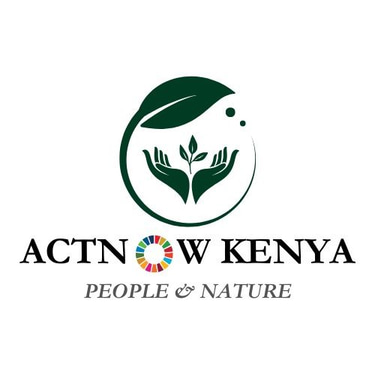The Decline of Pastoralism – A Call for Sustainable Solutions
Gideon Pirandoni
3/26/2025


Overview:
For generations, pastoralism has been the backbone of indigenous communities in Laikipia North Constituency, Kenya. However, shifting climate patterns, land degradation, and socio-economic challenges have made it increasingly difficult for pastoralists to sustain their traditional way of life. With prolonged droughts, diminishing grazing lands, and declining livestock productivity, the once-thriving pastoral economy is facing an uncertain future.
Why Is Pastoralism Declining?
Climate Change with unpredictable rainfall and prolonged droughts leading to scarce pasture and water resources.
Land Degradation due to overgrazing and deforestation which have eroded soil fertility, making large areas unproductive.
Loss of grazing lands to colonial settlers reducing communal grazing areas.
Fluctuating livestock prices and lack of market access make pastoralism a risky livelihood.
The Shift Toward Sustainable Practices
To adapt to these challenges, communities must embrace alternative and sustainable solutions. Some of these include:
Agro-pastoralism integrating crop farming with livestock to ensure food security.
Regenerative Agriculture using eco-friendly farming techniques to restore soil health.
Climate-Smart Livelihoods and alternative income-generating activities like beekeeping and eco-tourism.
Pastoralism may be fading, but with the right support, these communities can transition to sustainable livelihoods that respect both tradition and the environment. Now, more than ever, it is time to embrace sustainable alternatives that secure livelihoods, restore ecosystems, and build climate resilience.
ACTNOW KENYA is a registered community based organization under the Income Tax Act (Cap 470), Section 13(2) of Kenya. Your donations are tax exempt. Gift are deductible subject to allowable country laws.
© 2025. All rights reserved.
